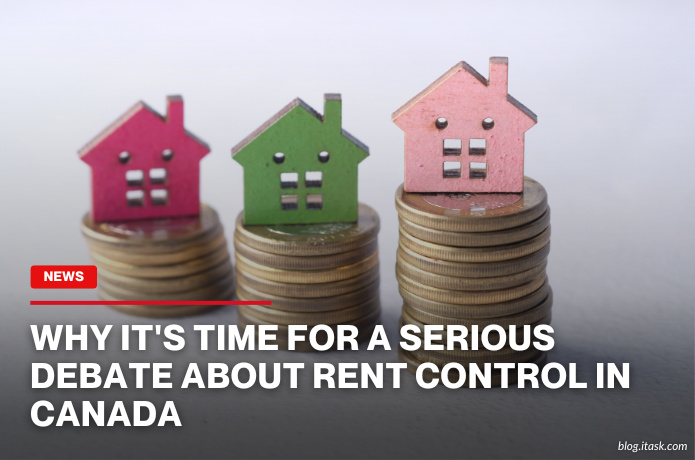Why it's time for a serious debate about rent control in Canada
Why it's time for a serious debate about rent control in Canada

Canada is facing a growing housing crisis, with many citizens struggling to afford rising rents. This situation has sparked a nationwide debate on the effectiveness of rent control as a potential solution. Rent control involves government-imposed limits on how much landlords can increase rents, aiming to keep housing affordable for tenants. However, opinions are divided on whether this approach benefits or harms the housing market.
Proponents of rent control argue that it provides immediate relief to tenants by preventing sudden and unaffordable rent hikes. They believe that such measures can protect vulnerable populations from displacement and housing insecurity. For instance, in provinces like Ontario, rent control policies have been implemented to cap annual rent increases, offering tenants a sense of stability and predictability in their housing costs.
On the other hand, critics contend that rent control can lead to unintended consequences. They argue that capping rents may discourage landlords from maintaining properties or investing in new rental housing, potentially leading to a decrease in the overall quality and availability of rental units. In some cases, landlords might convert rental properties into condominiums or other forms of housing not subject to rent control, further reducing the rental stock.
The financialization of housing in Canada has also intensified the debate. Large corporate entities and Real Estate Investment Trusts (REITs) have been purchasing significant numbers of rental properties, often renovating them to justify higher rents, a practice that can circumvent existing rent control measures. This trend has raised concerns about the diminishing availability of affordable housing for average Canadians.
Provincial approaches to rent control vary across Canada. For example, British Columbia limits rent increases to once a year with a maximum percentage tied to inflation, while Alberta has no rent control measures, allowing market forces to dictate rental prices. These differing policies reflect the complex nature of the issue and the challenge in finding a one-size-fits-all solution.
Given the complexities and regional disparities, it's clear that a serious, nationwide debate on rent control is necessary. Policymakers must carefully consider the potential benefits and drawbacks, taking into account the diverse needs of urban and rural communities, landlords, and tenants. Only through comprehensive discussion and analysis can Canada hope to address its housing affordability crisis effectively.
